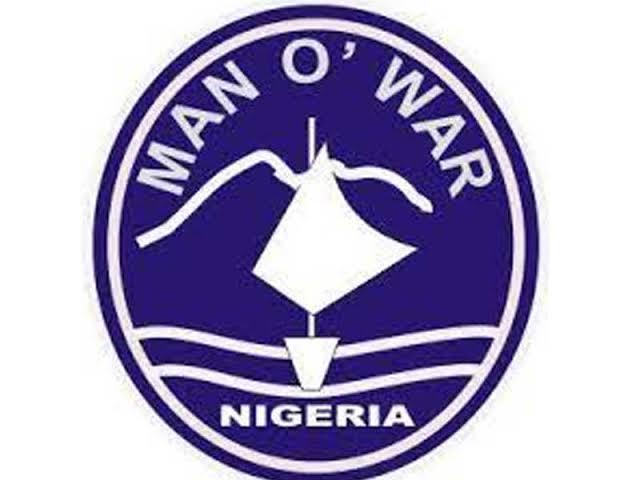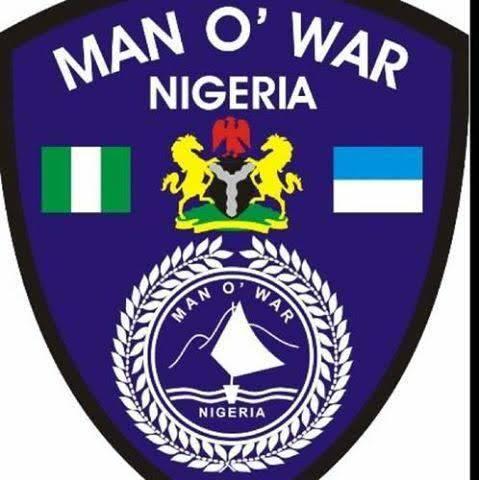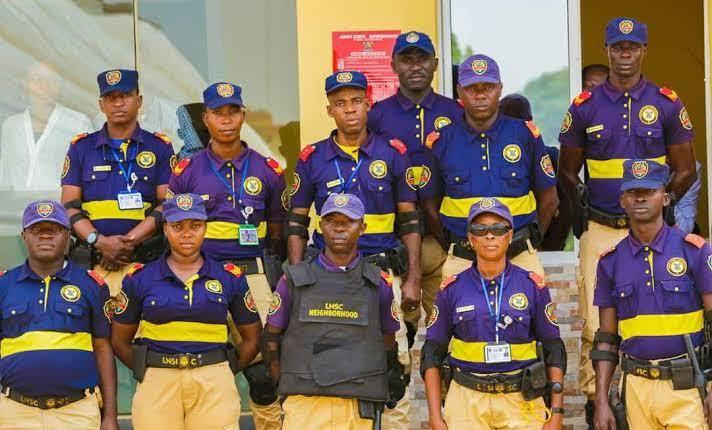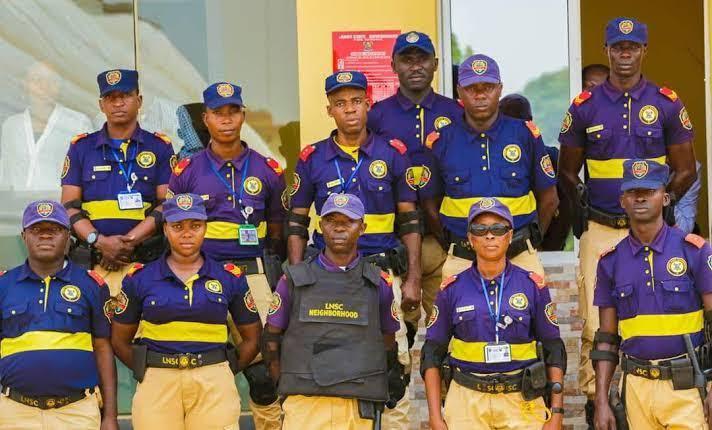Explore Our Bill Payment Services:
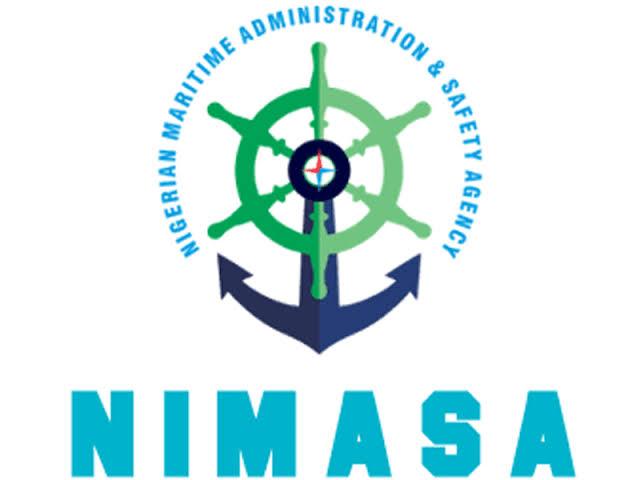
- Military And Defence
- Para-Military Guide
- Nigeria
Functions Of Nimasa: Their Official Roles & Responsibilities In Nigeria
The Nigerian Maritime Administration and Safety Agency (NIMASA) is the key regulatory body overseeing everything related to maritime safety, shipping development, marine pollution, and seafarers' welfare in Nigeria.
Operating under the Federal Ministry of Marine and Blue Economy, NIMASA plays a critical role in protecting Nigeria’s territorial waters and ensuring the smooth running of the maritime economy.
But what exactly does NIMASA do?
Let’s break down the official functions and responsibilities of NIMASA in simple terms.
1. Maritime Safety & Security
NIMASA ensures that Nigeria’s territorial waters are safe for ships, cargo, and passengers. This includes:
-
Enforcing laws against piracy and sea robbery
-
Monitoring ships' compliance with safety standards
-
Supporting naval and international security operations
-
Managing the Deep Blue Project to enhance marine surveillance
2. Regulation of Shipping Activities
NIMASA regulates shipping operations within Nigeria’s territorial waters and Exclusive Economic Zone (EEZ). This includes:
-
Registering Nigerian vessels
-
Issuing licenses to maritime operators
-
Monitoring shipping routes and trade compliance
-
Ensuring foreign vessels follow Nigerian maritime laws
3. Maritime Labor Administration
One of NIMASA's core duties is managing seafarers’ welfare, rights, and professional development. This includes:
-
Issuing Seafarers Identification Documents (SID)
-
Certifying seafarers under STCW conventions
-
Protecting workers from exploitation
-
Ensuring maritime labor standards are enforced
4. Maritime Training and Capacity Building
NIMASA works to build human capacity within the Nigerian maritime industry by:
-
Sponsoring students through the NIMASA Seafarers Development Programme (NSDP)
-
Supporting maritime academies and institutions
-
Organizing training, workshops, and certifications for seafarers and marine professionals
5. Promotion of Indigenous Shipping
To boost local participation, NIMASA encourages and supports Nigerian-owned vessels and businesses through:
-
Cabotage enforcement (protecting local shipping routes)
-
Ship financing support under the Cabotage Vessel Financing Fund (CVFF)
-
Preferential treatment for Nigerian shipowners in government contracts
6. Marine Environment Protection
NIMASA ensures that all maritime activities are environmentally responsible. It does this by:
-
Monitoring oil spills and marine pollution
-
Enforcing anti-pollution regulations (MARPOL conventions)
-
Licensing waste reception facilities at ports
-
Investigating environmental violations and imposing penalties
7. Ship Registration & Flag Administration
The agency handles the registration and inspection of vessels operating under the Nigerian flag. Functions include:
-
Assigning official numbers and call signs
-
Maintaining the Nigerian Ship Registry
-
Conducting safety inspections and certifications
-
Ensuring ships meet international standards
8. Enforcement of Maritime Conventions
NIMASA represents Nigeria in several international maritime bodies and ensures compliance with global conventions like:
-
International Maritime Organization (IMO) rules
-
SOLAS (Safety of Life at Sea)
-
MARPOL (Marine Pollution)
-
STCW (Standards of Training, Certification, and Watchkeeping for Seafarers)
9. Port State & Flag State Control
NIMASA acts as both a Port State and Flag State authority:
-
As a Port State, it inspects foreign ships in Nigerian waters
-
As a Flag State, it regulates Nigerian-registered ships worldwide
This dual responsibility ensures ships meet safety and environmental requirements, whether they’re domestic or international.
10. Maritime Research & Policy Advisory
NIMASA also advises the government on:
-
Maritime security policy
-
Blue economy development
-
Industry innovation and digitalization
-
National shipping policy formulation
They carry out regular studies and collaborations to keep Nigeria’s maritime sector globally competitive.
Summary Table
| Function | Description |
|---|---|
| Maritime Safety | Secures Nigerian waters from piracy and hazards |
| Regulation of Shipping | Registers ships and oversees shipping standards |
| Maritime Labor | Protects and certifies seafarers and workers |
| Capacity Building | Trains Nigerians in maritime skills and shipping management |
| Indigenous Shipping Promotion | Supports Nigerian shipowners and businesses |
| Marine Environment Protection | Enforces pollution control and environmental laws |
| Ship Registration & Flag Control | Registers vessels and maintains the ship registry |
| Convention Enforcement | Implements international maritime agreements |
| Port/Flag State Inspections | Ensures foreign and local vessels meet legal standards |
| Policy Advisory & Research | Offers advice on maritime reforms and development |
Frequently Asked Questions (FAQs)
Q: What ministry is NIMASA under?
NIMASA operates under the Federal Ministry of Marine and Blue Economy.
Q: Can NIMASA arrest ships or enforce laws?
Yes. NIMASA has legal power to detain, inspect, or sanction ships that violate safety or environmental regulations.
Q: Who is the head of NIMASA?
NIMASA is led by a Director-General, appointed by the President of Nigeria.
Q: What international body does NIMASA work with?
NIMASA is affiliated with the International Maritime Organization (IMO) and other global maritime bodies.
Final Thoughts
NIMASA plays a critical role in ensuring safety, security, and development in Nigeria’s maritime industry. From protecting our oceans to training future captains, the agency is at the heart of Nigeria’s growing blue economy.
Whether you're a seafarer, investor, or simply curious about how our waters are managed, understanding NIMASA’s functions and responsibilities gives you a clearer picture of the maritime system at work.
